Why Solana will prevail despite Ethereum ETFs
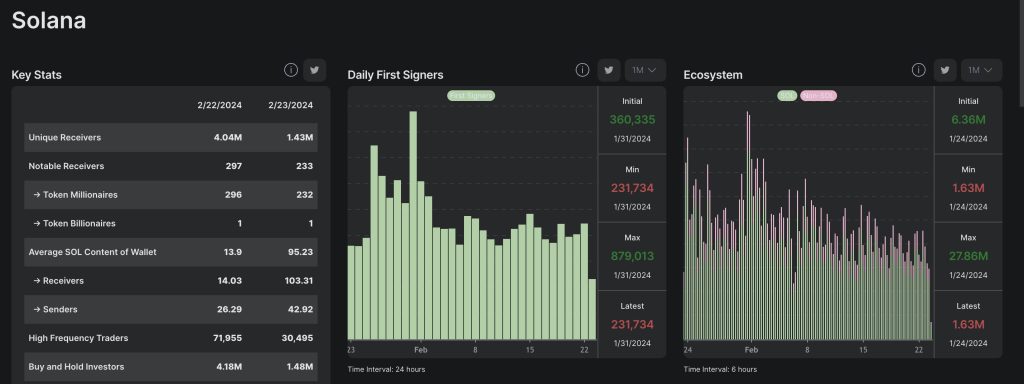
Ethereum may have spot ETFs in a few months, but Solana has superior speed and UX design. Its market dominance is inevitable.

The cryptocurrency world is abuzz with bullish sentiment thanks to Bitcoin (BTC) spot ETFs. Investors have been quick to accept that Ether (ETH) spot ETFs will follow in the months ahead.
Many investors have begun to speculate that many altcoins will also have ETFs, which has led to price appreciation and a lot of speculation. But all the enthusiasm has led many to overlook an obvious contender to Ethereum — Solana (SOL), which has beat many expectations and continues to boast a sophisticated tech team.
There has been no shortage of stories talking about Solana and its links to FTX founder Sam Bankman-Fried, with many predicting its demise. However, Solana has weathered the storm according to a handful of metrics. For instance, the number of active addresses on the network has nearly reached its 2022 level. The number of new addresses has continued to grow at almost as fast a rate as it was in 2022 as well. In fact, the number of unique active wallets (UAW) is up from 2022.
Related: 2024 will be the Ethereum network’s biggest year in history
And that’s not to mention the reality that active addresses can be manipulated. An alternative metric, namely capital efficiency (i.e., decentralized exchange volume per dollar of total value locked), suggests Solana has outpaced Ethereum in recent months.

To be sure, Solana isn’t operating perfectly, but it has clearly defied the expectations of many who thought it might collapse following the FTX blow-up. A large part of its recovery after FTX, and growth since then, has been driven by seemingly wise leadership, which in turn affects their technological investments, strategy, and ultimately community engagement.

The blockchain technology landscape, particularly at the layer-1 (L1) level, currently falls short of the transformative financial future many envisioned. While the initial promise of blockchain offered a vision of faster, cheaper, more efficient, and censorship-resistant financial systems, the reality today presents significant challenges.

The L1 landscape is characterized by fragmentation of liquidity across a range of layer-2 solutions (L2s) and an absence of scalability that hampers efficiency and user experience in the decentralized exchange space, coupled with concerns about the degree of centralization in the centralized exchange space. This fragmentation has led to a piecemeal ecosystem where the seamless integration and interoperability necessary for a truly revolutionary financial system remain elusive. As a result, the blockchain community finds itself at a crossroads, seeking solutions that can fulfill the early promises of this technology.
Efforts to scale blockchain technology today are diverse, with each project taking a unique approach to overcome limitations in speed, efficiency, and interoperability. The Ethereum blockchain, for example, is pursuing a multi-layer strategy, incorporating both layer-2 scaling solutions and sharding to increase transaction throughput without sacrificing security.
Related: Curb your enthusiasm — crypto prices aren’t going to move as quickly as you think
Meanwhile, projects like Cosmos (ATOM) and Polkadot (DOT) are exploring a multi-chain architecture that allows for specialized blockchains to communicate and transact seamlessly. Solana, along with newer entrants like Sui and Aptos, proposes an alternative approach, focusing on high throughput and efficiency at the layer-1 level itself. Each of these approaches represents a different path towards achieving scalability, with their own set of trade-offs between decentralization, security, and performance. The variety of solutions underlines the complexity of the scalability challenge and the blockchain community’s commitment to finding a way forward.
Solana stands out for its unique approach to addressing the core issues plaguing the blockchain ecosystem and its robust community support — evidenced by its resilience post-FTX and the success of its global hackathons, which underscore the platform’s strong foundation. And significant UX improvements, notably with mobile integration through Saga phones and competitive platforms like Jupiter — which rivals Uniswap — make Solana highly accessible.
Solana has also demonstrated its ability to handle finance at scale, offering 400ms block times for finality compared to Ethereum’s longer durations, along with initiatives like Firedancer and local fee markets, further exemplify Solana’s technological edge. The platform’s emphasis on seamless transactions without the need for bridging or dealing with fractured liquidity, coupled with its application in real-world solutions like decentralized physical infrastructure (DePIN), positions Solana as a leader in the blockchain space.
That’s not to say that Solana is guaranteed to surpass Ethereum, or even Bitcoin, but it does mean that Solana is no longer an underdog. And perhaps before any altcoin gets a spot ETF, Solana will have one of its own that will bring greater competition to the blockchain space.
Christos Makridis is an associate research professor at Arizona State University, the University of Nicosia, and Founder/CEO of Dainamic Banking. He received his doctorates in economics and management science & engineering from Stanford University.Connor O’Shea is the CEO of Bril Finance. He’s held roles in traditional finance as a vice president at JPMorgan Chase and as a senior associate at PWC, and in crypto in corporate development at Binance.
This article is for general information purposes and is not intended to be and should not be taken as legal or investment advice. The views, thoughts, and opinions expressed here are the author’s alone and do not necessarily reflect or represent the views and opinions of Cointelegraph.

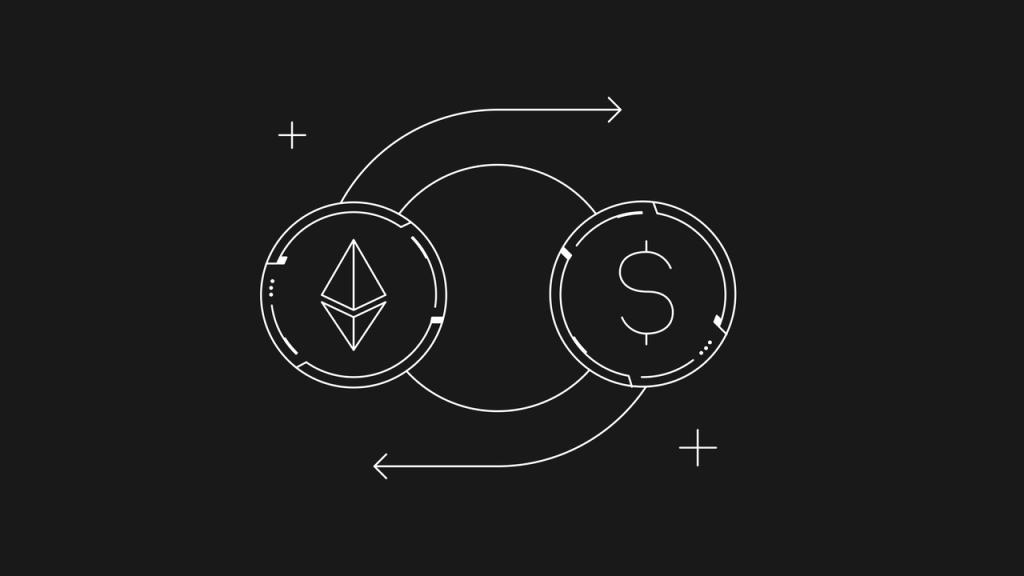

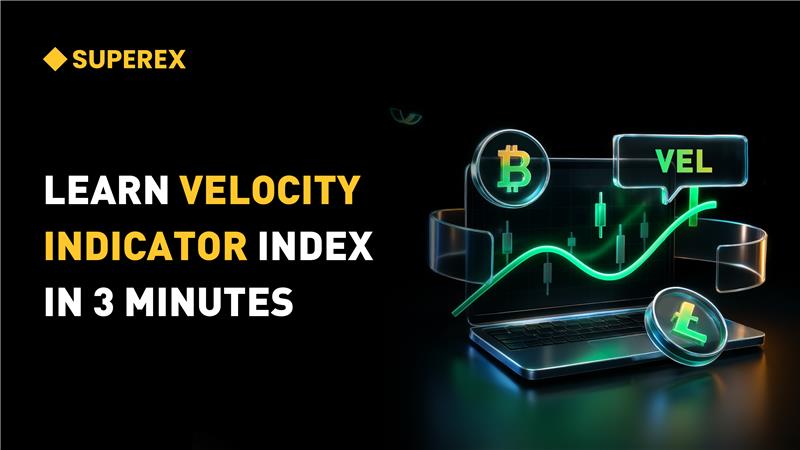
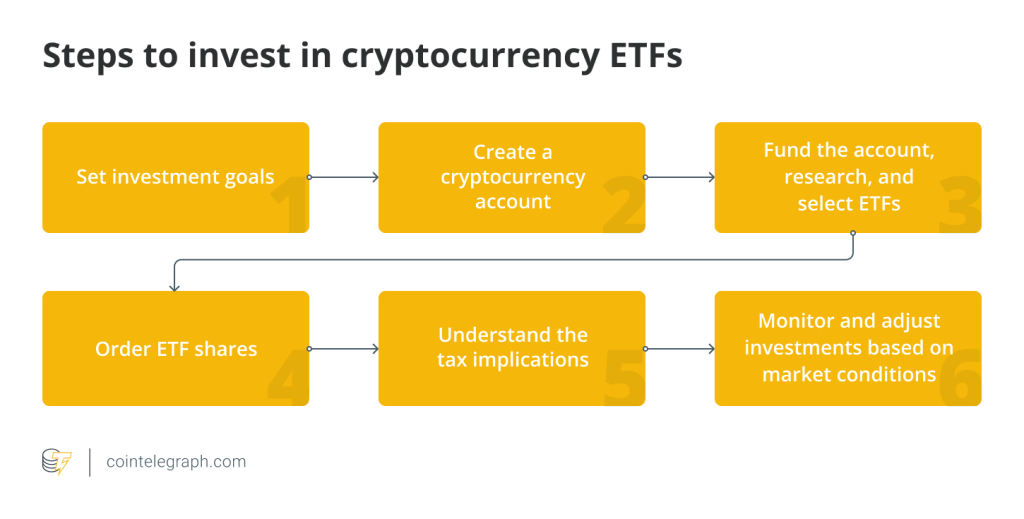
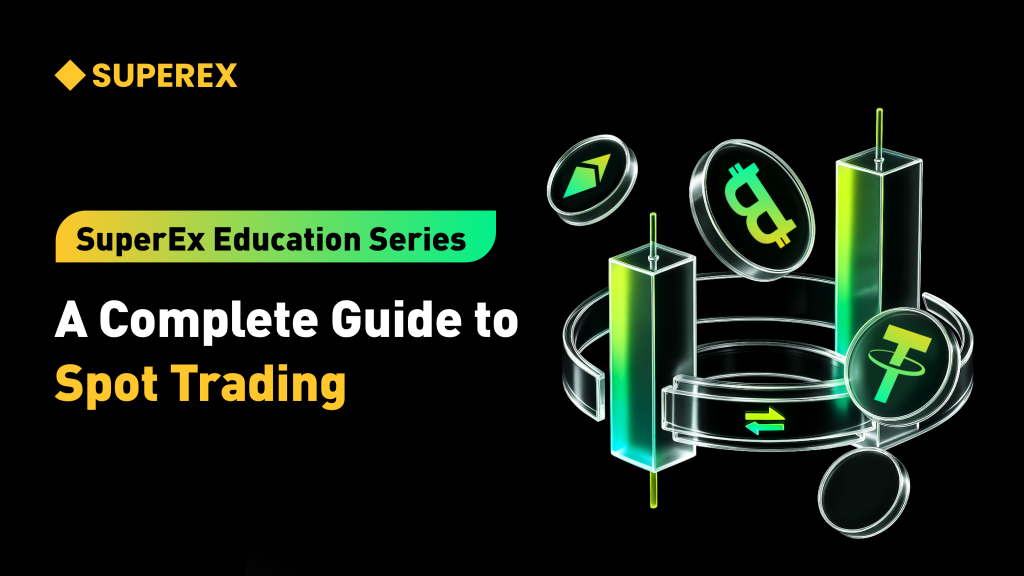
Responses